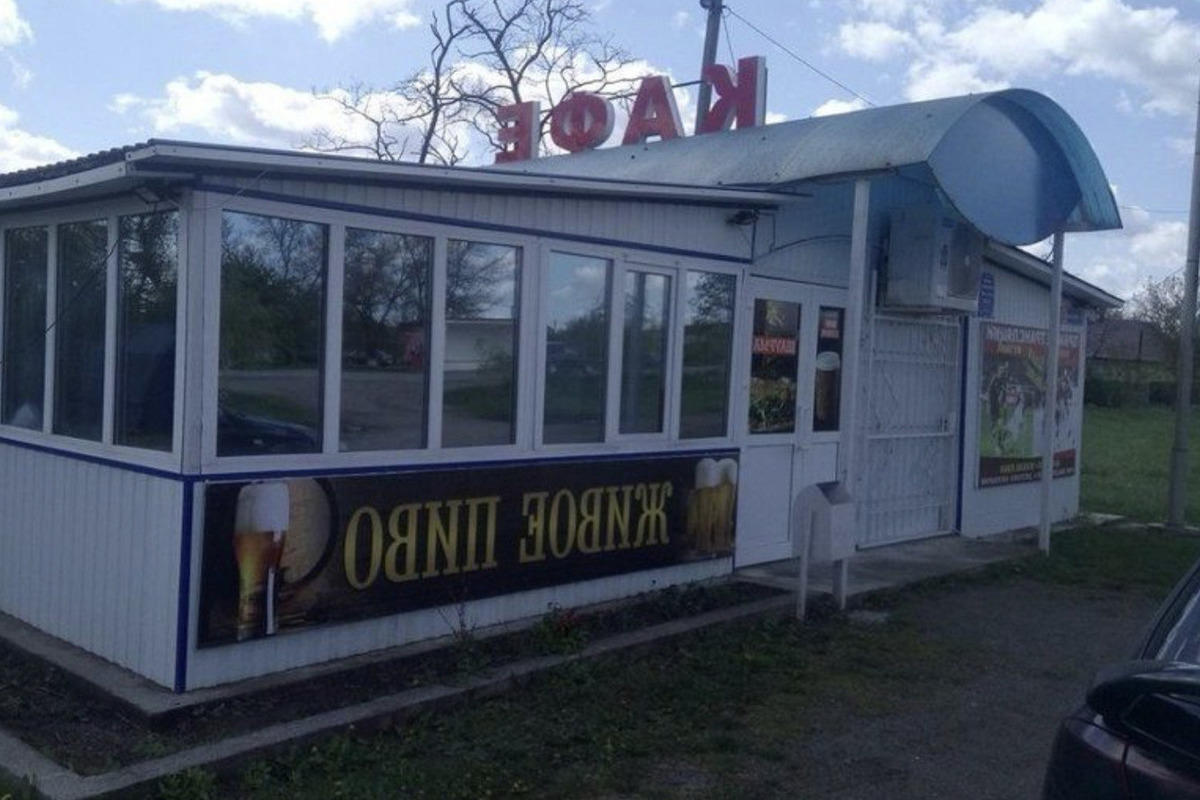New bill puts roadside cafes at risk of disappearing
[ad_1]

On highways, catering can only be opened at gas stations
The Ministry of Transport has submitted to the State Duma a bill on the organization of multifunctional zones on highways. It streamlines the roadside infrastructure in Russia: according to the government’s plan, on large highways gas stations, recreation areas, catering and entertainment will be combined into large zones. This is exactly how roadside “conveniences” are organized on European autobahns. However, not only new, but also familiar routes are under attack, where roadside cafes are located simply on the side of the road and in populated areas.
The bill provides for a package of amendments to the Land Code and other federal laws. In accordance with the document, MFZs (of which, according to government plans, they are going to organize at least 115 units this year) will consist of at least two road service facilities. For example, a gas station and a cafe (this will probably be the most typical option).
Other services that may be part of the MFZ are recreation areas, helipads and places to accommodate emergency services. There may also be medical centers, communications facilities, and special parking lots for evacuation services. In other words, not all objects at the MFZ are intended for motorist clients driving along the highway.
In agreement with the owners of the highways (and this can be not only state and municipal authorities, but also toll road operating companies), non-stationary trade objects can also be located on the MFZ – for example, food trucks (catering vans).
These are precisely the proposals that a number of urban planning bureaus have submitted to the government in recent years – the need to streamline rest areas and gas stations on highways became obvious after the appearance of new toll highways (M11, M12, new sections of M4). The architects drew attention to the need for a unified corporate style for such objects, bringing order to the composition of tenants, signs and other paraphernalia.
However, the existing bill contains the following clause, which is proposed for inclusion in federal legislation: “The placement of road service facilities along first category highways is permitted exclusively as part of multifunctional road service zones.” In other words, those road service facilities (including tire shops, cafes for truckers) that stand separately and are not included in one or another MFZ will be illegal.
Although there are no such facilities on new highways even now – these are the standards carefully observed on private roads, the new rules may also affect existing “traditional” federal highways. The first category of highways, according to Russian standards, has three subcategories; and only the two “upper” ones, 1A and 1B, belong to highways. A class 1B road is a four-lane highway with a median (or median barrier), which may have traffic lights and junctions of roads at the same level.
“This is the path to consolidation of all relevant businesses,” suggests Valentina Nikolaeva, owner of a roadside cafe in the Yaroslavl region. – Now my cafe is located in a populated area, I won’t be able to organize any zone here. But starting a business by entering somewhere on a special site at the prices that the owner of the land will offer is ruin; I and small entrepreneurs like me cannot afford this.
For now, the situation can be corrected with “little blood”: by introducing clauses into the bill regarding roads of category 1B or by making an exception for populated areas. However, whether such clarifications will be made is still unknown.
[ad_2]
Source link








